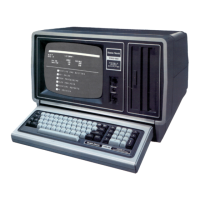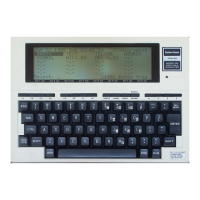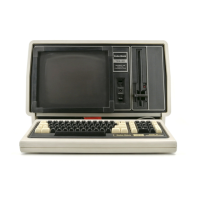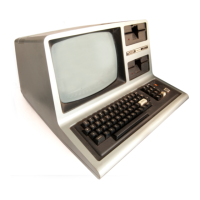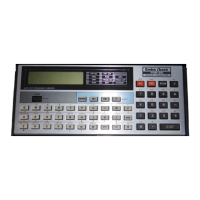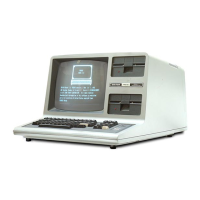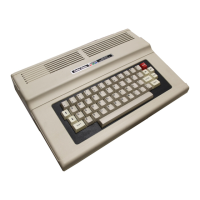as checking the keyboard for input and supplying data to the
printer if the spooler is running.
110
- The abbreviation for Input/Output.
IJCL
- The desired file extension for a DO file. JCL is the
abbreviation for Job Control Language.
*JL
- The Joblog device.
*KI
- The Keyboard device.
IKSM - The desired file extension for a ksm file. KSM is an
abbreviation for Key-Stroke Multiply.
library
- A set of commands that perform most of the operating
system functions.
load
module
format
- A file format that loads directly to a specified
RAM address.
LSB - The Least Significant Byte.
In
a hexadecimal word, it is
sometimes referred to as the "low order byte".
macro
- Predetermined lines of code used in JCL.
mod
date
- The date a file was last written to.
mod
flag
- A
"+"
sign placed after a filename that indicates it was
written to since its last backup.
MSB - The Most Significant Byte.
In
a hexadecimal word, it is
sometimes referred to as the "high order byte".
NIL
- A
"dummy"
device which a logical device can be linked or
routed to. When you reset a user-defined device, it points at NIL.
NIL discards any data that is sent to it and returns a null (ASCII
0) when data is requested from it.
It
is useful when you want to
discard output from a program during a test run.
NRN
- Next Record Number.
parameter
- an optional value that you supply to a command line.
Parameters may follow a command or utility and are enclosed in
parentheses (
).
parse
- The process of breaking a command into individual
parameters.
partspec
- A way to represent a group of one or more files
by
entering only part of the file specification. Partspees are allowed
in some TRSDOS library and utility commands so that a group of
files can be specified. A partspee can consist of any combination
of the four fields that make up a filespec.
In
a partspec, a dollar sign ($) can be used to represent any
character
in
a given position in a filespec. This is called
"wildcarding."
A-88
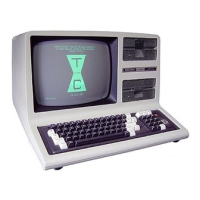
